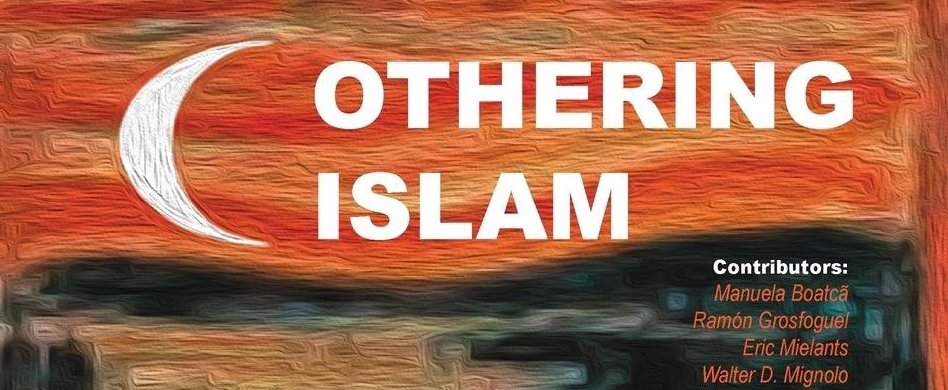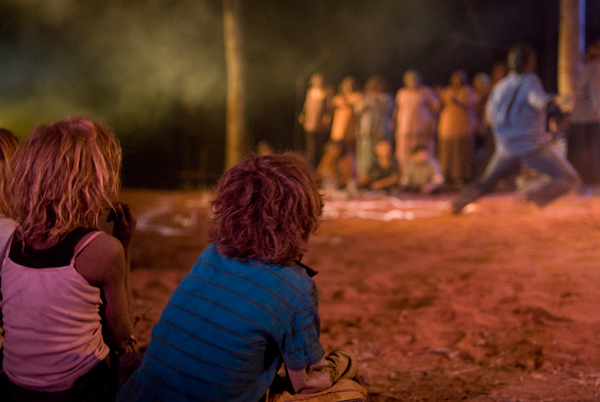- All
- Art
- Cultural Studies
- Decolonial studies
- Documentary
- Education studies
- Epistemologies
- History
- Human Rights
- Indigeneity
- Intersectional Gender
- Literary studies
- Memory studies
- Political science
- Practice as research
- Sociolinguistics
- Sociology
- Subaltern studies
- Theatre and performance
Wor(l)ds of rebellion: Rosemary rememberings, grief pedagogies and honouring the elders
A few weeks have passed since our encounter in Reading Decoloniality, – so tender, new/old/ancient threads, faces familiar from faraway territories in my memory, faces new yet recognisable. I turn to my plant kin: Rosemary/romero. We gift her in sacred circle to support our re-memberings from these timelines and from deep time. I am called…
Decolonisation as practice: Reflecting on personal and institutional journeys towards change
I am a South African academic and diversity expert whose transdisciplinary work has shown the power of decoloniality as practice. In my journey leading institutional journeys of change in academia via curriculum transformation, I have realised that for institutional change to happen, there have to be personal journeys of change for the people in leadership…
Afroscenology for British actors? Making performance pregnant with culture
If we are ‘pregnant with culture’, one of the powerful metaphors of Samuel Ravengai’s Afroscenology, then how can we select from and navigate between the inhibiting and transformational aspects of culture when training performers? In a British context, how does the performance trainer tap into actors’ differences when the dominant prestige culture asks them to…
Postcolonial memory work as wake work
In my recent monograph, Continuous Pasts: Frictions of Memory in Postcolonial Africa, I argue that the colonial enterprise is a memory enterprise and that colonialism, among other things, is an attempt at wiping out a people’s memory. It is this ‘coloniality of memory’ that postcolonial (African) memory narratives attempt to circumvent. Continuous Pasts explores the…
Why Decolonial Studies differs from Postcolonial Studies: Ramón Grosfoguel on Modernity, Capitalism, and Race
Within this reading group led by Ramón Grosfoguel, he will articulate a decolonial approach to modernity in the face of a Eurocentric approach. He will define modernity and discuss its relationship to capitalism. As someone who has been able to work with Grosfoguel, I will provide some initial perspectives on these ideas in the context…
Bates’ ‘Nothing rhymes with Ngapartji’
Today we launch the next contribution to our series of feature length films, documentaries and performances practising decoloniality, released on a quarterly basis. Navigate through my video introduction and film excerpt, clicking to the full feature film below. Nothing rhymes with Ngapartji by Bates | Full screening, September to December 2023 Description: Nothing rhymes with…
Rehoming the home
Where is home? Is it the motherland, the left-behind world of birthplace and ancestry, or is it the strange but fresh landscape of possibility and promise? Which language articulates the private self, which the public? … What is the cost of such unwilling or hopeful migration?” (Moscaliuc and Waters 2006) Four years ago, I distinctly remember spending…
Critiques of decoloniality
Our objective for this session is to delve into critiques of decoloniality. For Tuck and Yang, decolonisation should not be a metaphor (2012). Their treatise is persuasive considering that academics are eager, perhaps too eager, to decolonise 'this' and decolonise 'that'. That is to say, the word has fast become a fad, rendering it an…
Nandan’s ‘Dreaming of Words’
This is the first in our series of feature length films, documentaries and performances practising decoloniality, released on a quarterly basis. I have curated these artistic works based on the quality and insight offered in their move towards challenging colonial knowledges and generating new knowledge, both at institutional and embodied levels. Navigate through my video…
Sanjay Sharma’s ‘Multicultural encounters’
The third chapter of Sanjay Sharma’s Multicultural Encounters (2006), ‘Teaching Difference: Representations and Rhizomes’, proposes media-based contemporary culture as pedagogical practices for students to discursively shape and make their everyday identities. By analysing the signification of complex characters with multiple and processual identities, students can negotiate anxieties related to their diaspora when engaging institutionalised educational interactions.…
Adam McKeown’s ‘Melancholy order’
Adam Mckeown's book Melancholy Order poses an important historical intervention in the emergence and consolidation of global border regimes. In particular, our reading group discussed how the modern state monopoly on what constitutes legitimate means of movement had deep roots in European empires, and the consequences of this on reordering a range of mobilities, populations and regions throughout…
Sabelo J. Ndlovu-Gatsheni’s ‘Epistemic freedom in Africa’
A term that has gained recent considerable attention in recent years is ‘epistemic decolonisation’. Epistemic decolonisation is defined in different ways, some of which are explored for application in the specific African context. Sabelo Ndlovu-Gatsheni sees epistemic decolonisation as ‘epistemic freedom’ involving a double task of ‘provincialising Europe’ and ‘deprovincialising Africa’. Sabelo Ndlovu-Gatsheni writes that…
Annette Joseph-Gabriel’s ‘Reimagining liberation’
In this session, Reading Decoloniality members read the introduction to Joseph-Gabriel’s Reimagining Liberation, as well as Chapter 5, 'Aoua Kéita: Rural Women and the Anticolonial Movement in Femme d’Afrique: La vie d’Aoua Kéita racontee par elle-meme.' The book focuses on the important role that seven black women played in the fight against French colonialism and…
Fahad Ahmad Bishara’s ‘A sea of debt’
I suggested reading this short article to the reading group due to my interest in exploring research which seeks to differently conceptualise the Gulf region. Terminologies which echo imperial interests have been the subject of much criticism through the centralisation of its historical connections with South Asia and East Africa and decentralisation of its position…
Silvia Rivera Cusicanqui’s ‘Ch’ixinakax utxiwa’
I selected the original text Ch’ixinakax utxima: Una reflexion sobre practices y discursos colonizadores [on practices and discourses of decolonisation] by Bolivian Mestiza Sociologist Silvia Rivera Cusicanqui for this reading group, offering the English text as an option alongside. While the original book was published in 2010, the English translation was published in 2020, providing some differences…
Join a reading group
Check the upcoming schedule of events.
















